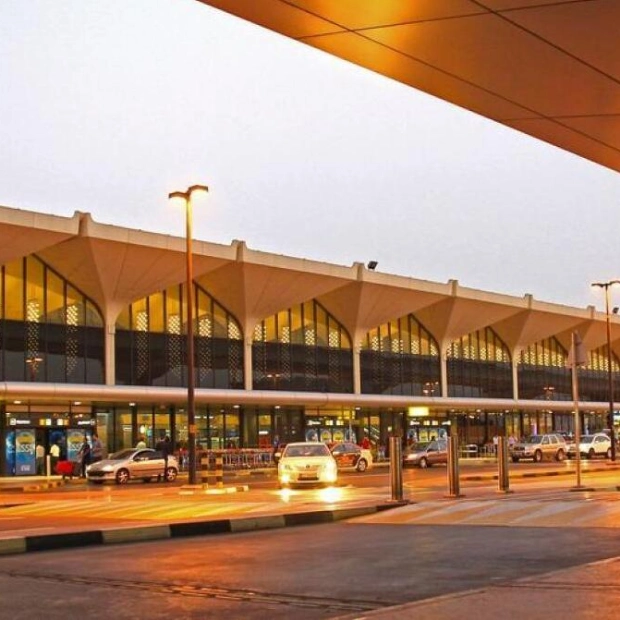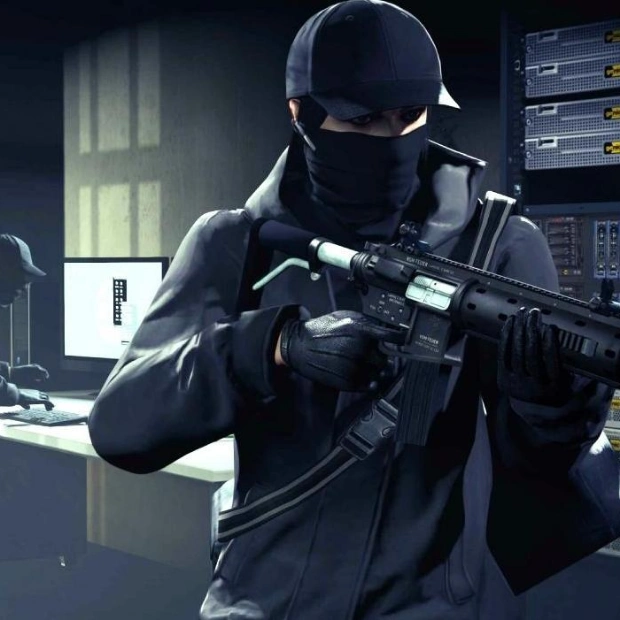Oil prices increased by approximately 2% on Monday, driven by expectations of heightened demand during the Northern Hemisphere's summer driving season and concerns that Opec+ production cuts might lead to supply shortages later in the year.
On its debut as the front-month contract, Brent futures for September delivery rose by $1.25, or 1.5%, from its Friday closing price to $86.25 a barrel at 11:48 a.m. EDT (1548 GMT) on Monday. Meanwhile, US West Texas Intermediate crude for August delivery climbed by $1.27, or 1.6%, to $82.81 per barrel, marking its highest level since April 26.
Both contracts saw gains of about 6% in June, with Brent closing at an eight-week high on Friday when the higher-priced August contract was still the front-month contract. These gains followed the Organisation of the Petroleum Exporting Countries (Opec) and its allies, known as Opec+, extending most of their deep oil output cuts well into 2025.
This move prompted analysts to predict supply deficits in the third quarter as summer transportation and air-conditioning demand deplete fuel stockpiles. "Demand indicators appear robust, particularly in the crucial US market, and peak refinery demand for crude is now firmly in place and should persist through August," analysts at JP Morgan noted in a client advisory.
In the US, both oil production and demand for major products reached four-month highs in April, bolstering prices. Investors are now awaiting comments from US Federal Reserve Chair Jerome Powell on Tuesday, followed by the release of minutes from the latest Federal Reserve policy meeting on Wednesday and US nonfarm payrolls data on Friday.
The Federal Reserve has aggressively raised interest rates in 2022 and 2023 to combat inflation, which has increased borrowing costs for consumers and businesses, potentially slowing economic growth and reducing oil demand. Hopes for an interest rate cut by the Fed and rising political tensions in Europe and between Israel and Lebanon's Hezbollah have also supported prices, according to Tony Sycamore, an analyst at financial services company IG.
In France, opponents of the far-right movement are attempting to unite to prevent Marine Le Pen's National Rally (RN) from gaining power after its historic gains in the first round of a snap parliamentary election. "Increased market volatility is expected this week as elections take center stage in Europe and the UK, while in the US, concerns over President Biden's fitness for office, let alone re-election, are dominating the headlines," said Ashley Kelty, an analyst at Panmure Gordon.
In the US, top Democrats have dismissed the idea of replacing President Joe Biden as the Democratic nominee following his weak debate performance last week, urging party members to focus on the potential consequences of former President Donald Trump's return to power. In Russia, oil product exports from the Black Sea port of Tuapse are projected to increase by 59.7% month-on-month in July to 0.99 million metric tons from the 0.6 million tons planned for June.
Traders are also monitoring the impact of hurricanes on oil and gas production and consumption in the Americas. Hurricane Beryl is currently moving across the Atlantic Ocean towards the Caribbean's Windward Islands as an "extremely dangerous" storm, posing threats of floods, storm surges, and life-threatening winds to communities.






